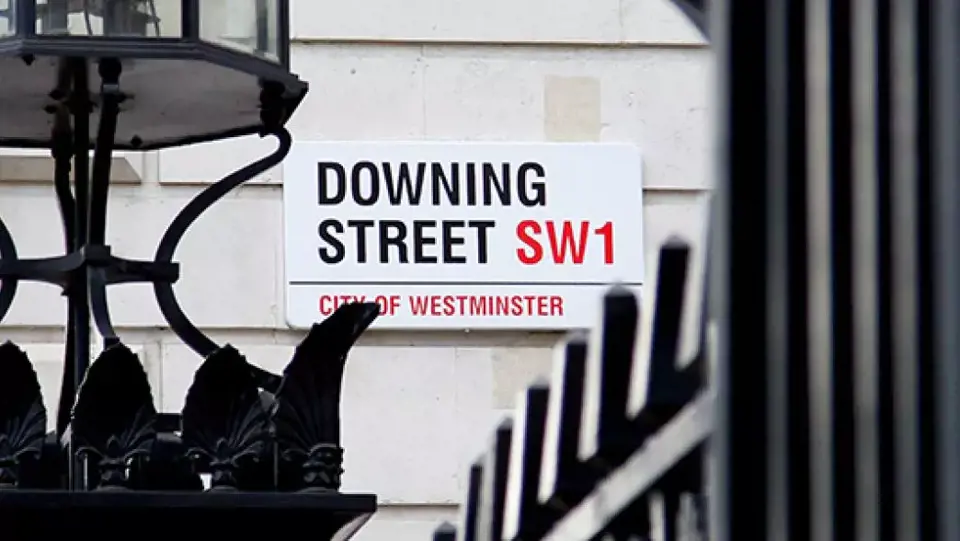Fleets are concerned that proposed rule changes around the operation of electric vans may be lost for good with a new Government in Westminster.
The Government announced in October, 2023, that the additional five-hour training requirement for drivers would be removed for electric vans weighing up to 4.25 tonnes.
It also promised to make changes to towing allowances and broaden the flexibility to cover all vehicle types, beyond goods vans, recognising that further measures were needed to support their uptake.
However, the legislation was not introduced prior to Parliament being dissolved on May 30, ahead of the General Election on July 4.
Prior to the election being announced, Abdul Chowdhury, head of the vehicle policy team at the Office for Zero Emission Vehicles (OZEV), said he was working on the necessary legislation and hoped it would be introduced to Parliament later this year.
He also highlighted how OZEV is working to change rules around operator licensing for 4.25t electric vans and MOT requirements, as well as drivers' hours, tachograph rules and speed limiters.
Discussing the issue on the latest Fleet News at 10 webinar, Matthew Hammond, UK fleet and transport manager at Altrad Services, shared his concerns.
“We were making progress on this,” he said. “There was the Parliamentary time planned for later in the year, which has now gone out the window.
“I hope it doesn't set it back too far. I hope the civil servants keep moving forward on this and keep pushing in the right direction. I just feel we need clarity on this subject.”
Like Hammond, Duncan Webb, fleet director at the AA, believes the delay is slowing down the uptake of electric vans.
“We know that sector of the van market is struggling to migrate, because of the complexity of operating within that particular space,” he said.
“I’m concerned that will have a major impact relative to the achievability of ZEV (zero-emission vehicle) targets.”
The zero emission vehicle (ZEV) mandate, which came into force this year, requires more than a fifth (22%) of cars and 10% of vans sold by manufacturers to be electric in 2024.
The targets for manufacturers then increase each year, requiring 80% of new cars and 70% of new vans sold in Great Britain to be zero emission by 2030, increasing to 100% by 2035.
Registrations of new, fully electric vans increased year-on-year in May, but their market share fell to 4.2%, according to the latest figures from the Society of Motor Manufacturers and Traders (SMMT). Year-to-date, electric vans hold 4.8% market share.
Claire Evans, fleet consultancy director at Zenith, is optimistic that whichever party wins the General Election it will implement the measures for electric vans along with changes to the Driver Certificate of Professional Competence (CPC), which have also been delayed.
“My hope would be that some of these core things we have been requesting, we have been working on with these departments behind the scenes, will get raised and will also become priority for any new Government that might be in place come July,” she told Fleet News at 10.
Fleet decision-makers on the Fleet News at 10 panel, above all, wanted clarity from the next Government, with a clear pathway to decarbonisation which understands the complexities of fleets.
Of particular concern was the recent reduction in the advisory electricity rate (AER), which fell from 9 pence per mile (ppm) to 8ppm from June 1.
Hammond said: “It just shows that whoever’s setting these rates in Government does not understand the whole market, the whole infrastructure, the whole costing mechanism.”
In its Tax and Regulation Manifesto, the Association of Fleet Professionals (AFP) has called for the AER to be reviewed.
It says that having one rate for all vehicles – covering every vehicle from small cars to large vans – does not work, especially with the one rate only focusing on those that charge at home.
It believes there should be four rates as opposed to one. A rate for cars with access to home charging, a rate for cars without access to home charging, a rate for vans with access to home charging and a rate for vans that are charged on the public network.
Hammond also wants to see the next Government tackle VAT on public charging, which currently stands at 20% compared to a 5% rate for charging at home.
“We can’t continue to penalise drivers who can’t always home charge. If we’re on this transition then we’ve got to make it fair across the board,” he said.





















Login to comment
Comments
No comments have been made yet.